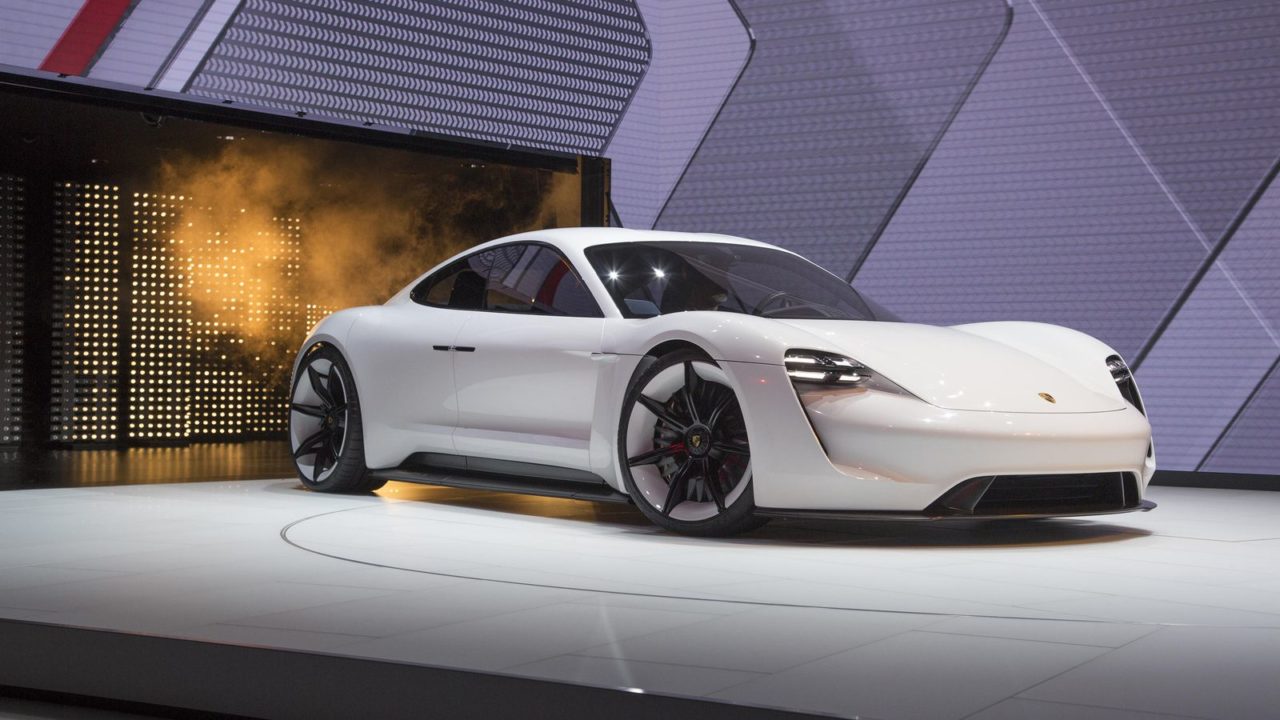
Porsche will position the Taycan below the brand’s Panamera sedan when the electric four-door sports car reaches markets next year, with a likely starting price above 80,000 euros (about $92,500).
“We’re expecting a price somewhere between a Cayenne and a Panamera,” said Robert Meier, the complete vehicle model line director for the Taycan.
Including taxes, that would place the vehicle between 74,828 euros and 90,655 euros for its base version of the car in Germany.
However, Porsche Chief Financial Officer Lutz Meschke told reporters that he wants to offer higher-performance versions that could be priced as much as 200,000 euros, such as a Taycan Turbo S.
The Taycan’s two permanently excited synchronous electric motors, supplied by Italy’s Magneti Marelli, will produce more than 600 hp and accelerate the vehicle from 0 to 100 kph (62 mph) in less than 3.5 seconds. The Taycan aims to be the fastest series production electric car around Germany’s Nordschleife racetrack, with a lap time of less than 8 minutes.
“Asynchronous e-motors are clearly more affordable, but they have one very important disadvantage: You can only overload the motor once when you want high dynamic acceleration before it quickly reaches its limits the second or third time,” Meier said. “That’s fine for most electric cars but not for a high-performance Porsche.”
The 800-volt lithium-ion battery, built by Draexlmaier Group outside Stuttgart, is composed of “pouch” cells sourced from LG Chem of Korea in a specific power-to-energy ratio that balances the needs of range with those of performance.
Together, the roughly 400 battery cells have a gravimetric energy density equivalent to 270 watt-hours per kilogram, roughly comparable to the latest technology on the market today.
The Taycan will be able to drive more than 500 km (310 miles) miles on a single charge under the New European Driving Cycle. Once drained, the battery needs only about 4 minutes to add a further 100 km in range when using a 350-kW fast-charging station. By comparison, Porsche estimates a Tesla requires two and a half times that duration. Porsche expects it will build 20,000 units of the Taycan a year on two shifts, but production boss Albrecht Reimold said a third shift could be added if more capacity is needed.